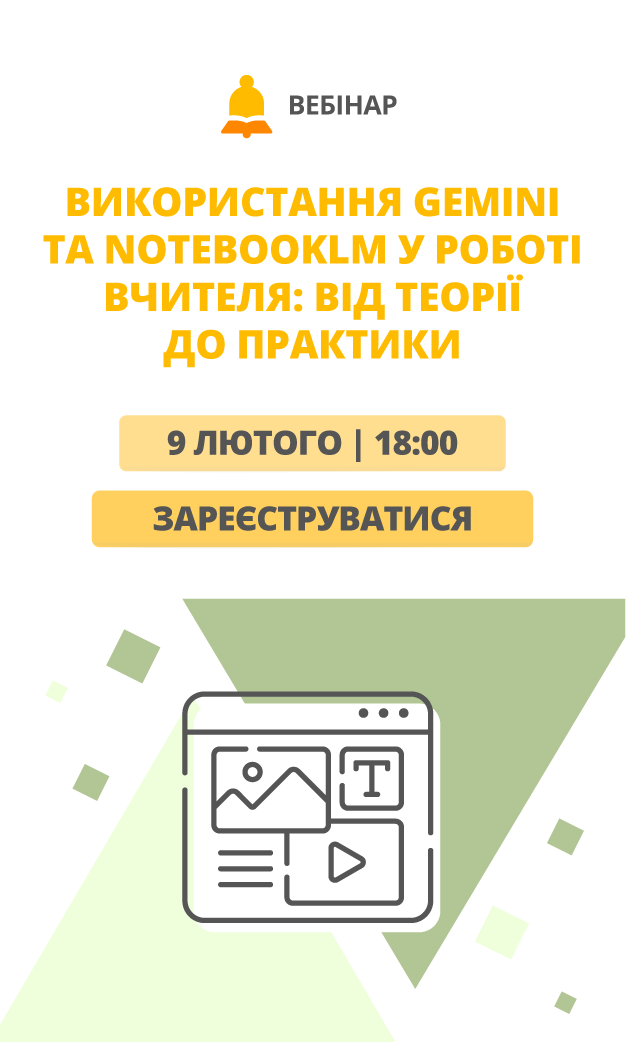Flipped classroom 5 КЛАС
Topic: Organising a party. Types of food.
Objectives : activate vocabulary on the topic "Food" in the students language, repeat countable and uncountable nouns. To contribute to the expansion of the students linguistic horizons during the study of the topic, to test the students abilities and skills on the topic.
Outcomes: by the end of the lesson Ss will be able to write a shopping list for the party, know the difference between countable and uncountable nouns and compare them, use some, any, lots of and speak about food at the party
Materials: articles, pictures, videos, book, wordwall, quiziz.
Anticipated difficulties: Іnsufficient vocabulary. Did not complete the homework, did not watch the video and did not prepare for the lesson. Problems using the Quiziz platform
Students watch the video at home, then they use the grammar in the next class, with help from the teacher
Procedure
|
time |
stage |
T activity |
S activity |
Interaction |
Stage aims |
|
4 min |
Warming-up |
Ask Ss to write down all the food words that they know in two minutes. How many words have you got? Ask Ss to compare their list of food words with their classmates |
Ss write down the food words and compare their list with others |
Whole class Mingling |
To develop students creative potential, memory, attention and ability to express their opinion.
|
|
6 min |
Lead-in
|
Teacher – Student Flipped Role Play. As you know all nouns are divided into two groups: countable and uncountable. Teachers and students exchange roles for each other.
|
Students can give lectures or show anything they have learned at home in forms of presentation, drama or else. |
Individual work |
Strengthens the knowledge, helps Ss perfect soft skills such as presentation, analysis, critical thinking and problem-solving skills. |
|
16 min |
Smooth Sequence of Activities
|
Quiz tell students to join the quiz using the link and code and complete the task by choosing countable and uncountable nouns. Follow the process |
Students complete quiz tasks by choosing countable and uncountable nouns from the topic. Сompete with each other |
Individual work |
Boost the children’s learning spirit and help them remember knowledge longer, especially with wrong answers. Students perceive and analyze information , and then perform certain actions at their own pace - as it is convenient for them. |
|
|
|
Open the box https://wordwall.net/resource/1971078/countable-and-uncountable-nouns-test Tell students to pair up and open the box countable and uncountable nouns test. Tap each box in turn to open them up and reveal the item inside |
Students make pair and choose a cell number and give the answer countable or uncountable |
Pair work Team work |
To expand children's knowledge on the topic. To cultivate a culture of communication and collective cooperation |
|
|
|
Missing word https://wordwall.net/es/resource/3741620/some-a-lot-of-any Choose the correct words to complete the text |
Students read the text one by one, one sentence at a time and insert the missing word |
Whole class |
Improve reading, listening, writing and speaking skills based on lexical-grammatical structures |
|
3 min |
Reflection |
Tell the students to answer the questions and send a emoji according to their state after the lesson
|
Students answer questions and send an emotion |
Individual work |
A summary of the knowledge to be learned is drawn up, and a connection is established between what is already known and what will be needed or studied in the future. To express the opinion. Self-analysis of activities and results |
|
1 min |
Feedback |
We`ve done a good work today |
|
Whole class |
Motivate. Encourage autonomy. To help understand problems in education and ways to solve them |
|
|
|
|
|
|
|


про публікацію авторської розробки
Додати розробку

